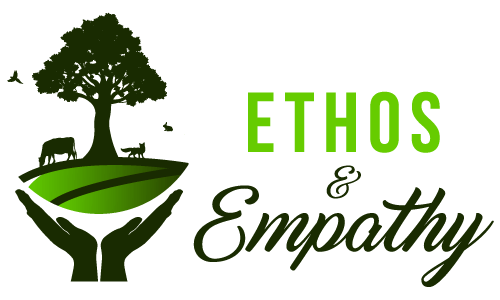About a month ago, the book “Expanding the Critical Animal Studies Imagination: Essays in solidarity and total liberation” was published by the Swiss publishing house Peter Lang.
It is an anthology with 12 essays by activists from all over the world, all of whom are fighting for total liberation of animals (so humans included since we are just one animal species).
On Amazon (however, we never encourage anyone to buy it from there) one can find the table of contents, as well as read the foreword and part of the introduction.
Some Background story
In 2022 I was asked by Nathan Poirier, one of the three editors of the anthology, to write an essay on my decision not to have children, out of respect for the planet and the other animals, and I kindly asked to add the topic of (not) using airplanes in the essay, as they are both equally important issues to me – ignored by the mainstream vegan community. Nathan was very happy with the idea, so I went ahead.
Writing about procreation was easy…I have researched the topic extensively and can easily find academic sources to support my positions. But writing about aviation, how deeply harmful it is, was a big challenge.
In order to be able to write this essay, I took part in an (online) educational seminar organized at that time by the Austrian organization Stay Grounded, and thanks to this seminar I managed to collect all the necessary sources and scientific information to write this piece. I have to say that the information I gathered in this seminar was extremely disturbing, and writing this part of the essay was very hard mentally. Because essentially through this seminar I understood that there is no sustainable aviation and there never will be as long as I live at least.
None of the authors in this book were paid to write their essay and neither were the editors.
This book is intended to promote some revolutionary and radical ideas, and its purpose was to further open the horizons in the field of Critical Animal Studies.
I am very honored to be part of such an anarchist radical international anthology and my participation in this book is another proof from my life that we don’t have to get on planes to go to conferences and meet people in real life in order to take “career” steps (an argument advanced to me by a person who travels constantly for the needs of work because otherwise he claims that online relationships of trust are not formed). Nathan and I only know each other online, through my participation in an online critical animal studies conference that took place in 2020. Similarly, my employers in 2019-2021 are people I have only worked with online, we have never met in person .
It would be wonderful to continue living the way I used to, boarding airplanes with incredible ease to satisfy every selfish need of mine – so for example it would be nice to have met these people I’ve worked with – but It’s not necessary. Everything is a matter of priority.
And my priority is to live in harmony with my values.
Here’s what Nathan wrote about our collaboration:
“I came to know of Elisabeth because she presented at the 2020 Institute for Critical Animal Studies Conference. More or less being an academic turned activist, I am always drawn to people like that because there’s always a (good) reason they make that switch. And that is true for Elisabeth who became fed up with the detached and careerist pursuits of academia. She also manages the website Ethos and Empathy.
I found out that Elisabeth has also collaborated with Nandita Bajaj and Population Balance, so there’s that additional connection too. Once I knew Elisabeth supports lowering the human population, I invited her to contribute a chapter. Elisabeth also wanted to include the topic of being flightfree as plane travel is often uncritically engaged in by vegans (and problematic otherwise as well). This was a wonderful idea. Not only does it introduce being flightfree to CAS but it connects it with the topic of procreation, and this book is all about making new connections. This chapter really helps to expand and round out the topic of human population this book advances.
This is one of at least 3 chapters we almost didn’t get due to personal circumstances. I don’t think Elisabeth will mind me sharing that she had some emotional difficulty writing this chapter because of its subject matter. This is common for people who think, write, and organize around topics that are often grim. This sort of emotional labor should never be undervalued, and the final product that ended up in this book should be read knowing the mental effort Elisabeth invested. I can feel the heartache and the hope when I read her chapter. I share this to highlight that the struggle is real and that edited books are the product of much communication, care, and dialogue.”
I am grateful to Nathan who decided not to step on a plane after reading my essay, and for seeing the it hasn’t been easy at all for me to write this chapter.
Elisabeth Dimitras

